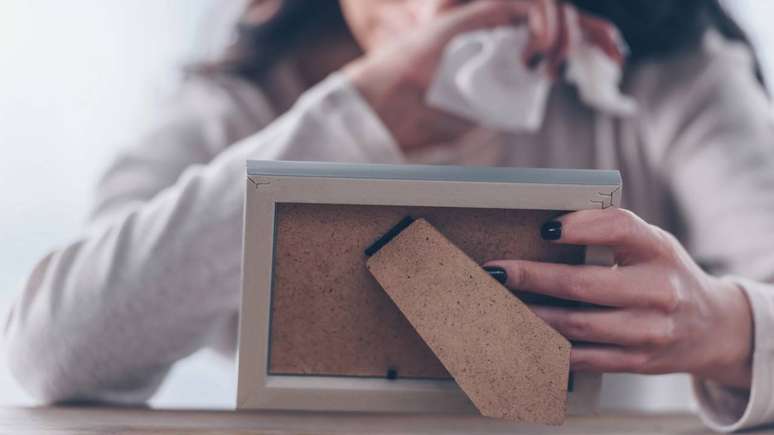Using foods to treat hair can carry more risks than benefits. Expert explains how to take care of cables
Food recipes for hair care may seem unusual to some people. But for others, it is a common technique to bring more health and beauty to strands. However, this habit can bring more problems than real benefits.
html[data-range=”xlarge”] figure image img.img-47f81ddb2cc7f7ea40235fc12e6346acdp1rwrfx { width: 774px; height: 463px; }HTML[data-range=”large”] figure image img.img-47f81ddb2cc7f7ea40235fc12e6346acdp1rwrfx { width: 548px; height: 328px; }HTML[data-range=”small”] figure image img.img-47f81ddb2cc7f7ea40235fc12e6346acdp1rwrfx, html[data-range=”medium”] figure image img.img-47f81ddb2cc7f7ea40235fc12e6346acdp1rwrfx { width: 564px; height: 337px; }HTML[data-range=”small”] .article__image-embed, html[data-range=”medium”] .article__image-embed {width: 564px; margin: auto 0 30px; }
Whether it’s vinegar for shine, honey for hydration, avocado for strength… According to dermatologist Gustavo Martins, while homemade recipe hair treatments can provide momentary benefits, such as shine and softness, they don’t really treat the hair.
“By applying food to the hair without subjecting it to adequate treatment, we can achieve even superficial results. However, the hair does not receive as effective treatment as when using cosmetics,” explains the specialist.
One reason for the popularity of homemade hair recipes is cost, as traditional hair care products can be a sizeable investment. However, it is important to note that brands have noticed this demand and have started offering affordable products that effectively treat the hair, leaving it hydrated, strong and beautiful.
More risks than benefits
The professional points out that the use of foods on the hair can pose risks to the health of the hair. For example, vinegar, which is widely used to polish hair, can dry it out and cause dermatitis due to its acidity.
Furthermore, the accumulation of food residues that are not completely removed during washing can make the hair dull. Common ingredients like honey and avocados can even promote the growth of bacteria and fungi in your hair. This is because they are difficult to remove completely in the wash.
According to the dermatologist, it is also a mistake to think that natural ingredients, such as avocado or honey, present in shampoos and masks, act in the same way as when applied directly to the hair. This is because the molecules are of different sizes and do not penetrate in the same way.
For him, using food on his hair is wasteful and can cause more problems than real benefits. “It’s a myth to believe that food deeply treats or restores strands. In reality, any product applied to the hair only masks the damage, as our strands are dead matter,” he points out.
How to really take care of your hair
According to the professional, it is more advisable to eat these foods, taking advantage of their nutritional benefits, instead of wasting them by applying them directly to the hair. “After all, capillary beauty comes from what we ingest and is reflected in a balanced diet and proper hair care, with products specially developed to treat strands effectively,” she concludes.
Also remember that capillary health is directly linked to food and water intake. That is, what we ingest is critical to the health of the strands, not just what we apply externally.
To enhance the “homemade” hair treatments, Gustavo suggests the use of vegetable oils, such as grape seed oil, or ingredients such as glycerin and vegetable keratin.
Source: Terra
Ben Stock is a lifestyle journalist and author at Gossipify. He writes about topics such as health, wellness, travel, food and home decor. He provides practical advice and inspiration to improve well-being, keeps readers up to date with latest lifestyle news and trends, known for his engaging writing style, in-depth analysis and unique perspectives.








